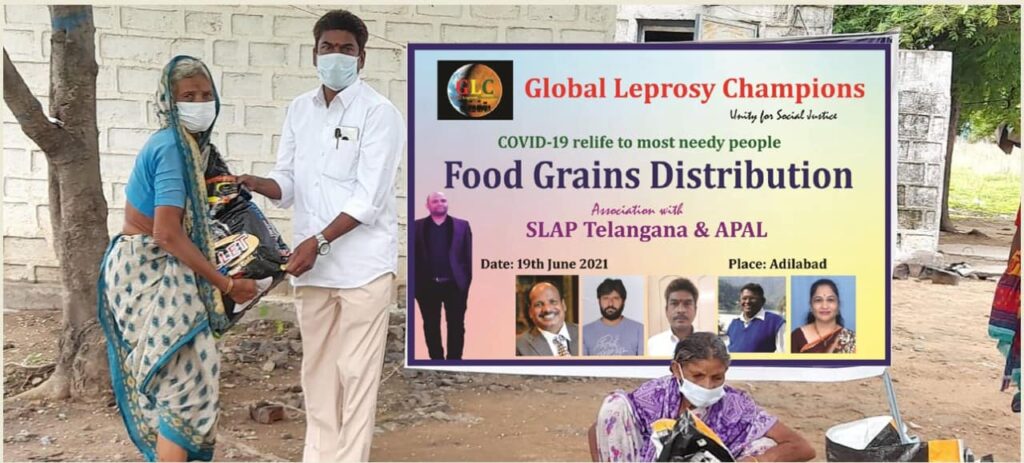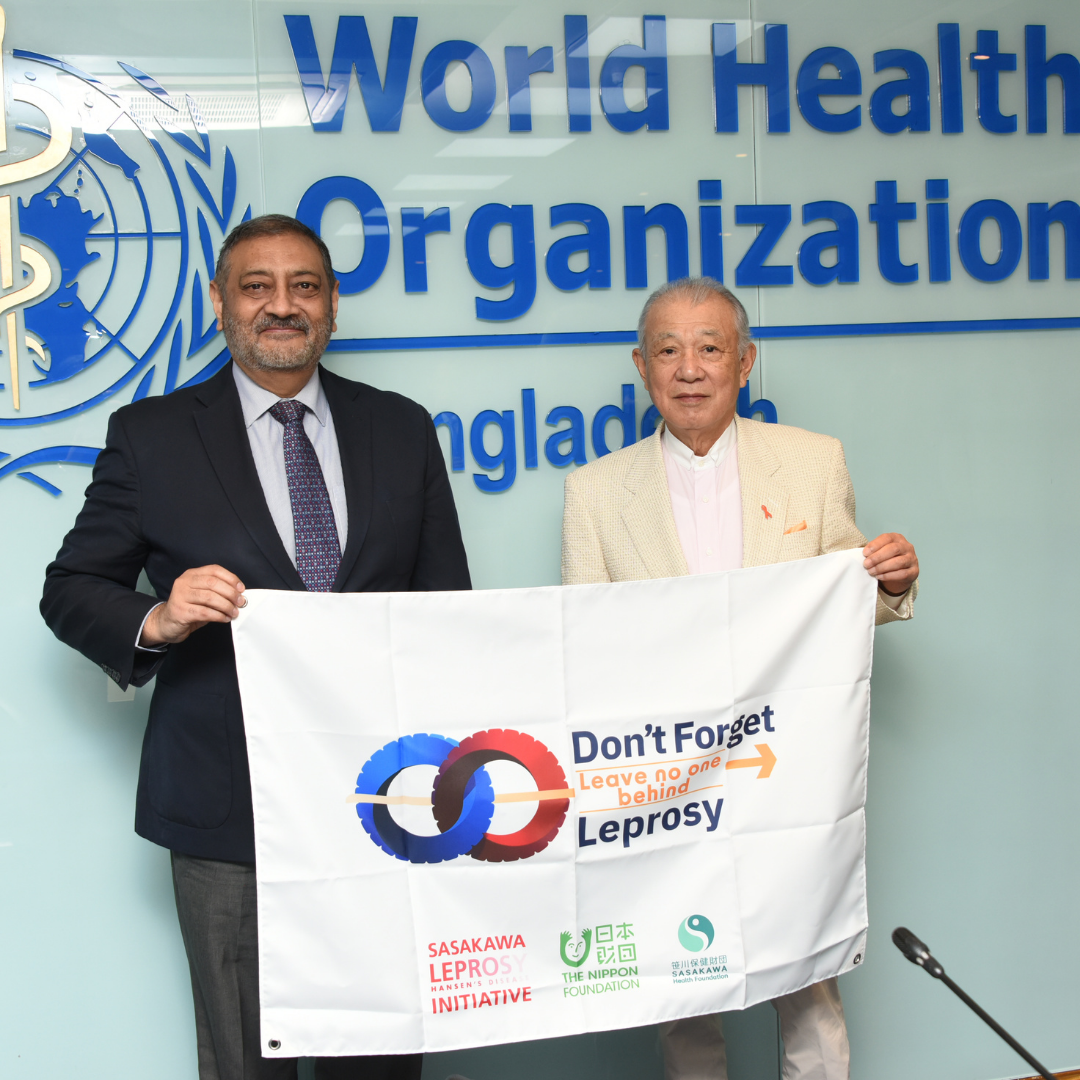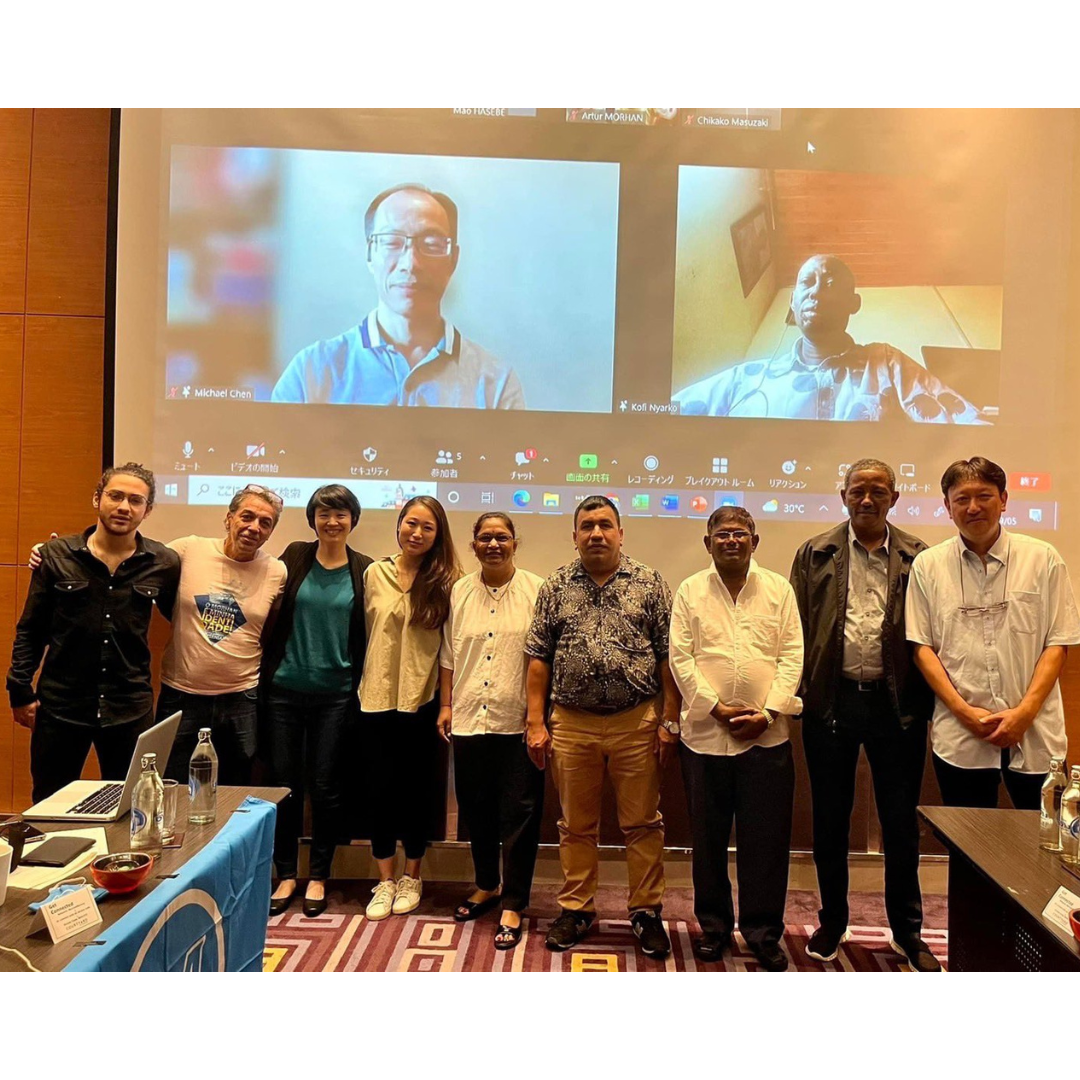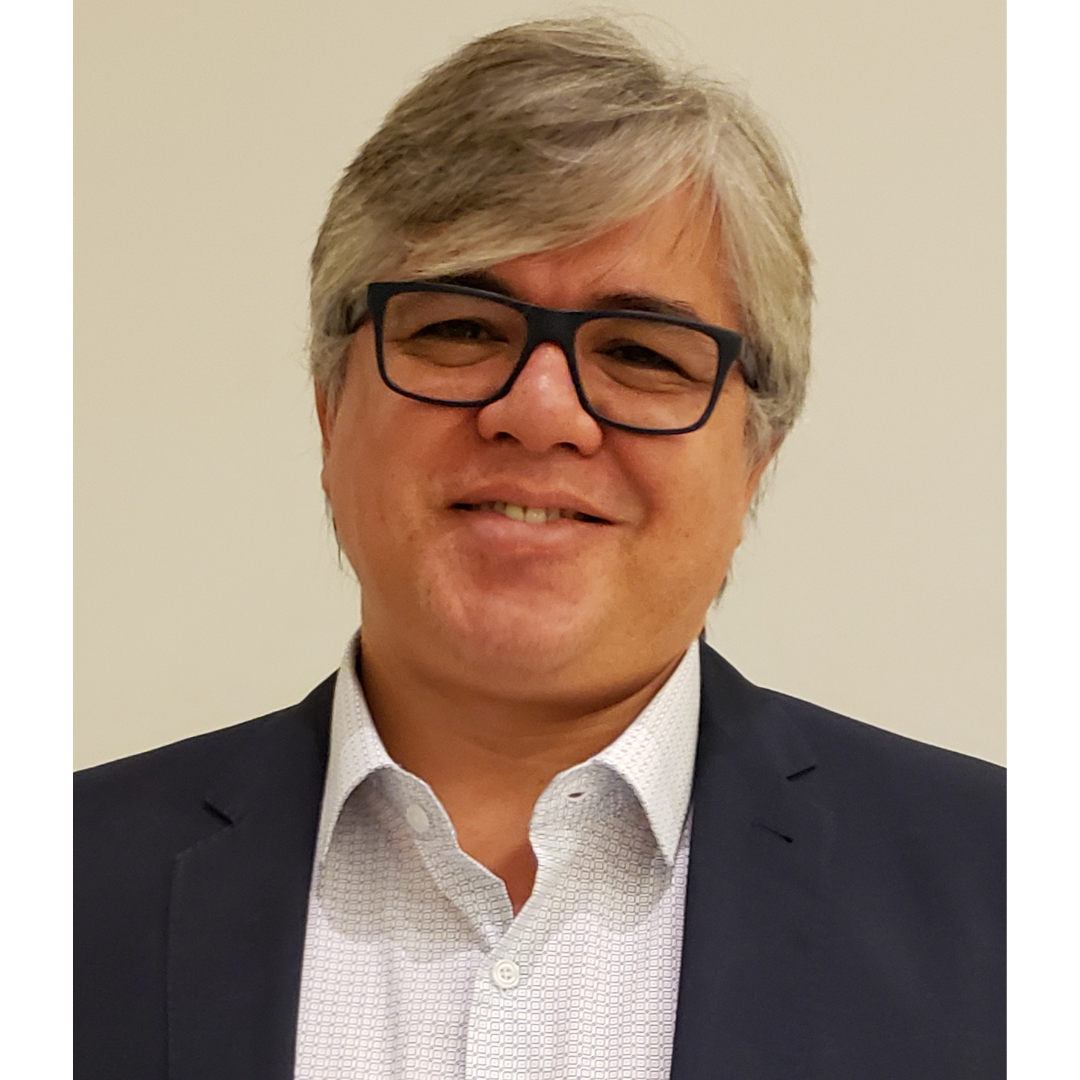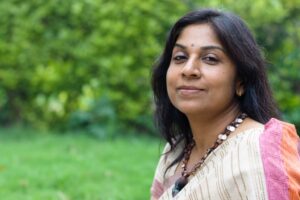
Jayashree P. Kunju
Vice Chair, Lepra Society
https://leprasociety.in
Member of the Board, IDEA International
https://www.ideaadvocates.org/international-network.html
Epidemics cause severe disruptions to the delivery of national health services, particularly those related to serving the needs of marginalized communities. Leprosy, already classified as a “Neglected Tropical Disease,” has been further neglected as the world grapples with the COVID-19 pandemic.
In India, over 3 million people out of a population of 1.3 billion are affected by leprosy. Persons affected by leprosy often live in rural parts of the country where access to diagnosis, treatment, and post-cure care is limited due to geographical isolation and poor access to public health dispensaries or centers. Many individuals do not receive treatment in time to avoid physical impairments and disabilities. Even after being cured, they are still affected by the consequences of the disease.
In preparation for the day when we are done with the pandemic, we need to find innovative and effective ways to develop leprosy services to serve patients living in remote areas with least access to healthcare support. The specific needs of persons affected by leprosy include testing for the disease, psychological counseling, economic rehabilitation, physiotherapy, medication, ulcer care, training in self-care, administration of medicines, active case-finding surveys, and reconstructive surgery.
My background in accounting and business makes me sensitive to the need to generate value from limited resources. India’s Accredited Social Health Activist (ASHA) program is an example of a government-supported, low-cost way to augment medical care, but what can be done for non-medical needs? I suggest that we look to the Global Leprosy Champions group, created in September 2018 by Mohan Arikonda. This informal online association of persons affected by leprosy now has over 600 members from 20 countries.
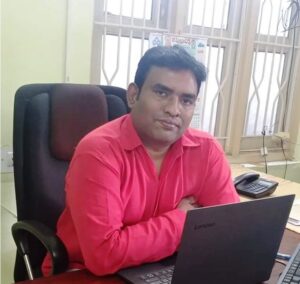
“Champions” indicates persons affected by leprosy who look out for others similarly affected in order to provide peer support and fellowship. Champions also aim to be role models who speak up about discrimination and inspire others.
Because Champions understand the disease and its ramifications, they are ideal candidates for receiving training in delivery of services that do not call for medical qualification. Many Champions have already found ways to support people living in self-settled colonies. As fellow persons affected by leprosy, they are trusted, and so officially involving them in delivery of services has potential to improve mutual understanding among all stakeholders.
